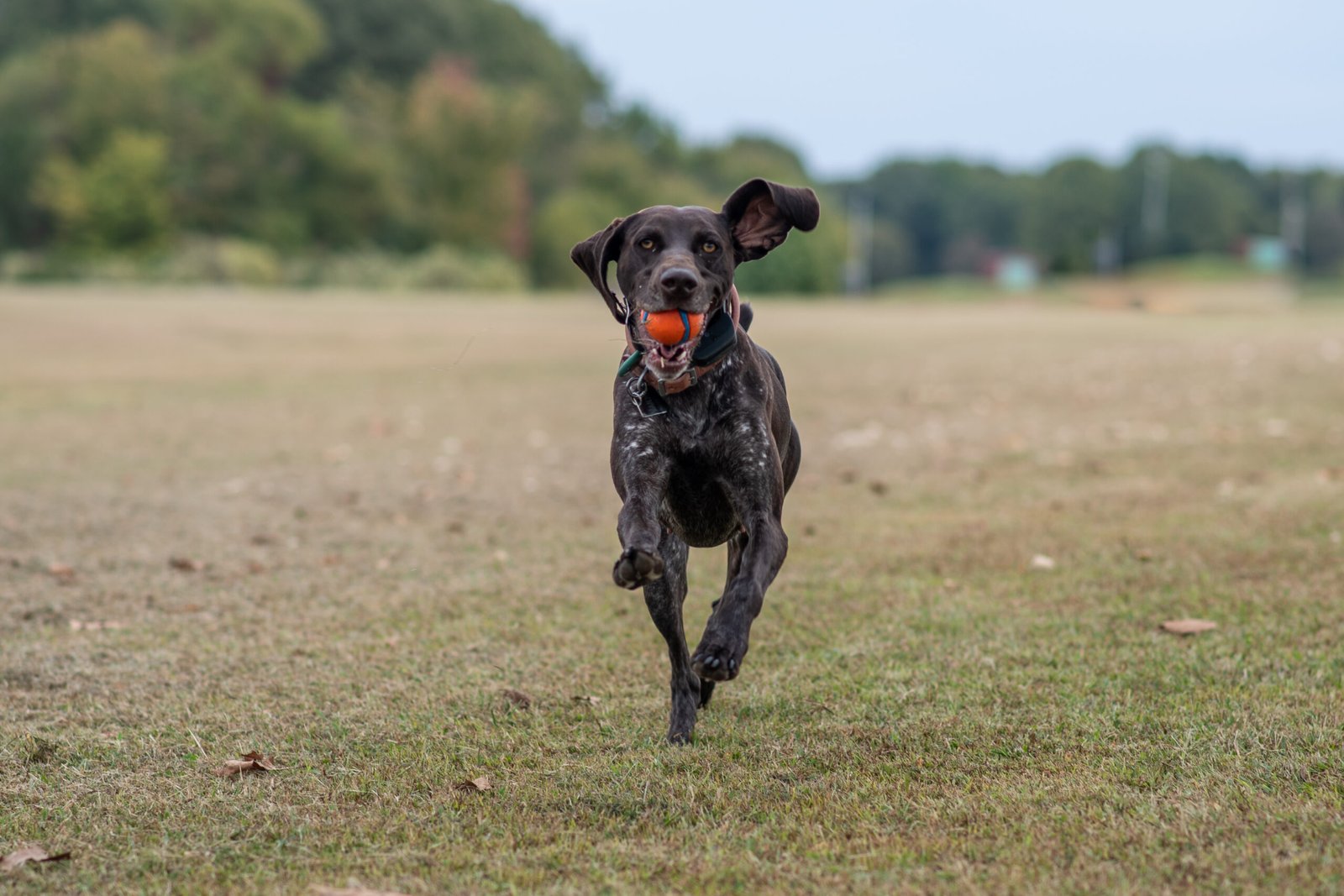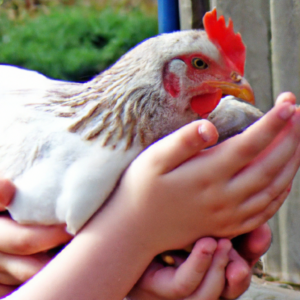
Chickens, those quirky feathered creatures that tirelessly scratch the ground in search of worms and seeds, have always been associated with the great outdoors. However, have you ever wondered if it is possible to train these clucking birds to politely relieve themselves in the confines of a litter box? While it may seem like an unlikely feat, recent studies and first-hand accounts suggest that chickens, with a bit of patience and the right training techniques, might just surprise us all with their ability to be potty trained. So, let’s explore the fascinating world of chicken behavior and discover if these barnyard dwellers can indeed be taught to use litter boxes.
Can Chickens Be Trained To Use Litter Boxes?

Understanding the Need for Litter Boxes in Chicken Coops
Litter boxes may not be the first thing that comes to mind when thinking about chickens, but they can actually be a valuable addition to a chicken coop. Chickens are naturally inclined to defecate in specific areas, and providing them with a designated spot for bathroom activities can help maintain cleanliness in the coop. Litter boxes also make it easier for chicken owners to manage waste and keep the coop environment hygienic. It’s important to understand why litter boxes are necessary in chicken coops before considering training chickens to use them.
The Benefits of Training Chickens to Use Litter Boxes
Training chickens to use litter boxes offers several benefits. Firstly, it helps to keep the coop clean and reduces the amount of time and effort required for regular cleaning. By confining waste to a specific area, it becomes easier to remove and replace soiled litter, minimizing the risk of bacterial growth and unpleasant odors. Additionally, training chickens to use litter boxes can prevent their natural instinct to scratch and dig in the litter, which can lead to the contamination of water and food sources. Overall, training chickens to use litter boxes enhances coop hygiene and promotes a healthier living environment for both the chickens and their owners.

Factors Affecting the Trainability of Chickens
While chickens are intelligent animals, it’s important to understand that not all chickens may be equally trainable when it comes to using litter boxes. Factors such as age, breed, and individual temperament play a role in determining how easily chickens can be trained. Younger chickens tend to be more adaptable and open to new behaviors, while certain breeds may have a higher or lower propensity for learning. It’s important to have realistic expectations and understand that some chickens may require more time and patience to successfully train.
Choosing the Right Litter Box for Chickens
Choosing the right litter box is essential for successful litter box training. The litter box should be large enough to accommodate multiple chickens at once and be easily accessible. Opt for litter boxes with low sides to allow chickens to enter and exit with ease. The material of the litter box is also important – avoid using metal or plastic as chickens may develop an aversion to these surfaces. Instead, consider using shallow trays or wooden boxes with smooth surfaces that are easy to clean. Experiment with different types of litter, such as straw, wood shavings, or sand, to find the one that works best for your chickens.

Steps for Training Chickens to Use Litter Boxes
Training chickens to use litter boxes requires patience, consistency, and positive reinforcement. Here are some steps you can follow to train your chickens:
-
Introduce the litter box: Place the litter box in a quiet area of the coop and allow the chickens to familiarize themselves with it.
-
Encourage the chickens: Gently guide the chickens towards the litter box and reward them with treats or praises when they enter or investigate the box.
-
Monitor their behavior: Pay close attention to the chickens’ natural behavior and identify when they are about to defecate. This can include squatting or displaying signs of restlessness.
-
Prompt them to the litter box: When you notice a chicken exhibiting signs of needing to relieve itself, gently guide or relocate them to the litter box. If they defecate inside the box, reward them immediately.
-
Clean and maintain the litter box: Regularly clean the litter box to ensure it remains hygienic and inviting for the chickens. This will help reinforce their training and encourage them to continue using the box.
Creating the Proper Environment for Successful Training
To ensure successful training, it’s important to create a suitable environment within the chicken coop. Provide ample space for the litter box and avoid overcrowding, as chickens may be reluctant to use a litter box that feels cramped. Keep the litter box separate from the chickens’ feeding and drinking areas to prevent contamination. It’s also crucial to maintain a clean and well-ventilated coop to promote overall hygiene and reduce the risk of respiratory illnesses.
Implementing Positive Reinforcement Strategies
Positive reinforcement is essential in training chickens to use litter boxes. Reward chickens with treats, such as mealworms or pieces of fruit, immediately after they successfully use the litter box. Verbal praise and gentle petting can also serve as positive reinforcement. Consistency is key – ensure that the chickens only receive treats or rewards when they use the litter box and not for any other behavior. Over time, chickens will associate using the litter box with positive outcomes and be more likely to repeat the behavior.
Dealing with Common Challenges and Troubleshooting
A common challenge when training chickens to use litter boxes is their instinctual tendency to scratch and dig in the litter. This disrupts the cleanliness of the box and can deter chickens from using it. To address this issue, introduce a separate area where chickens can scratch and dig, such as a designated dust bath. This will fulfill their natural instincts without compromising the hygiene of the litter box. Additionally, if certain chickens are not responding to the training, consider separating them temporarily and providing individualized training sessions to ensure their success.
Maintaining Cleanliness and Hygiene in the Chicken Coop
Part of successful litter box training is maintaining cleanliness and hygiene in the chicken coop. Regularly clean the litter box and replace soiled litter to prevent bacterial growth and odors. If using wood shavings or straw, be sure to monitor the litter for mold or other signs of deterioration. It’s also crucial to maintain a strict schedule for coop cleaning and disinfection to minimize the risk of diseases. Proper waste management, including disposing of soiled litter in a responsible manner, is essential to maintain a healthy environment for both the chickens and their owners.
Managing Expectations and Realistic Goals
When embarking on the journey of training chickens to use litter boxes, it’s important to manage expectations and set realistic goals. Not all chickens will successfully adapt to using litter boxes, and some may require more time and effort than others. It’s essential to remain patient, consistent, and understanding throughout the training process. Celebrate even small successes and recognize that any progress made towards litter box use is a step in the right direction. With time, dedication, and positive reinforcement, chickens can indeed be trained to use litter boxes, improving coop cleanliness and hygiene.







